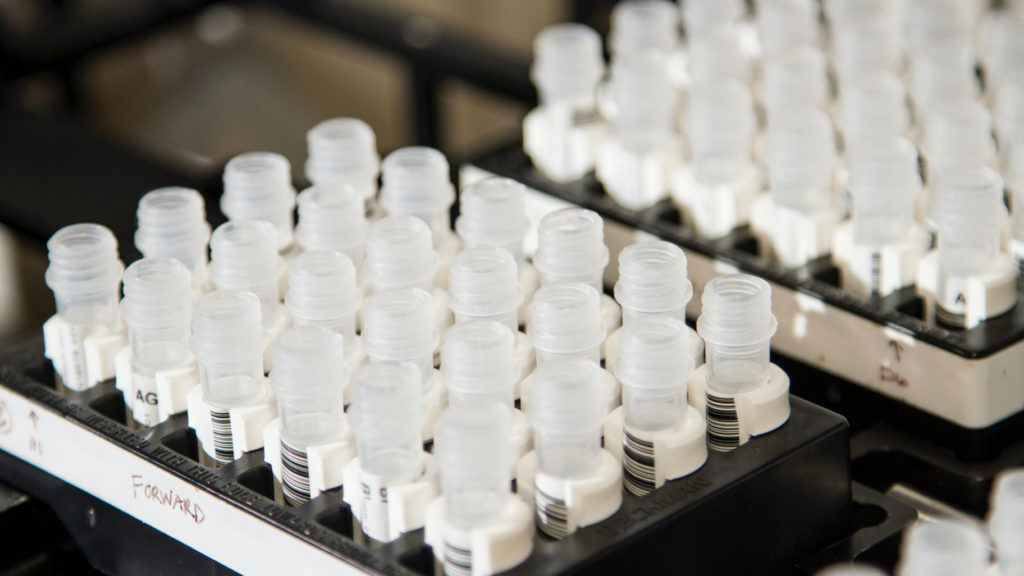Get a Personalized General Check-up: Your Key to Peace of Mind and Health

Preventive medicine is rapidly advancing towards a more personalized approach. This shift, driven by international medical organizations, prioritizes disease prevention and tailors clinical recommendations to individual risk factors. However, many medical centers still offer a standard list of blood tests to all patients, overlooking these unique risk factors and updated guidelines. This generalized approach can delay the diagnosis of various diseases. It’s essential to know which specific blood tests should be part of your General Check-up to avoid missing potential illnesses. Moreover, understanding the appropriate tests can help you avoid unnecessary procedures, false diagnoses, and treatments, ultimately contributing to a sense of peace and well-being. Selecting a General Check-up that aligns with your personal health needs ensures you receive the most accurate and beneficial care.
If you’re looking for a basic list of key blood tests, we’ve compiled them for you in the article “Vitality Health Check: 21 Key Biomarkers for Health and Longevity“. However, if you want to dive deeper into the nuances, understand where a personalized approach is essential, and learn how to account for your individual risks, read on.
This article was last reviewed by Svetlana Baloban, Healsens, on January 24, 2022. This article was last modified on 3 March 2023.
Screening vs. Diagnostic Tests
When visiting a doctor, the tests you undergo can be classified into two categories: diagnostic and screening tests. Diagnostic tests are prescribed based on specific complaints to identify the underlying cause of symptoms. Screening tests, on the other hand, are recommended even in the absence of symptoms, aiming to detect diseases early based on age, sex, family history, or other risk factors.
Personalized Screening with Healsens
RELATED ARTICLES
Healsens adopts guidelines from reputable medical organizations like the US Preventive Services Task Force and the American Society of Clinical Oncology to personalize your General Check-up. By asking about your habits, weight, height, waist circumference, and more, Healsens considers individual risk factors to create a tailored preventive checkup plan. This ensures that your General Check-up is not only thorough but also relevant to your specific health needs.
Factors in General Check-up Decisions
Several factors determine the necessity and appropriateness of screening tests in a general check-up:
- Prevalence and Impact of Disease: Diseases with significant morbidity and mortality, such as heart disease and cancer, are prime candidates for screening in a General Check-up.
- Asymptomatic Period: Screening is effective for diseases with a silent phase where early detection can significantly improve outcomes.
- Effectiveness of Early Treatment: Screening should be pursued if early intervention reduces morbidity or mortality, enhancing the effectiveness of your General Check-up.
- Test Sensitivity and Specificity: High sensitivity and specificity are crucial, though no test is perfect. For example, PSA tests for prostate cancer have a high rate of false positives, leading to additional testing1.
- Family History: Hereditary risks necessitate specific tests, like advanced BRCA1 and BRCA2 mutation screening for those with a family history of breast or ovarian cancer, ensuring that your General Check-up covers all potential risk areas2.
Medical guidelines are continuously updated to reflect the latest research. Healsens leverages these guidelines to provide a list of necessary tests based on your individual risk factors, including:
- Cancer screenings
- Age-related disease screenings
- General health maintenance laboratory tests
Interesting Fact
Do you know that there are several methods for testing mutations in the BRCA1 and BRCA2 genes? The most accessible and inexpensive one is PCR testing for mutations in the BRCA1 and BRCA2 genes. And as you might guess, it is the least accurate. Only 5% of all cases of mutations will be diagnosed by this testing method. Therefore, if you have a family history of breast or ovarian cancer, the NGS method is used as a screening method.
Healsens General Check-up Plan
The Healsens General Check-up plan offers a comprehensive and personalized approach to preventive health maintenance. By incorporating the latest medical guidelines and research, Healsens ensures you receive the most appropriate screening tests for your unique health needs. This proactive approach not only enhances early detection and prevention of potentially life-threatening illnesses but also brings a sense of peace and well-being.
Healsens’ personalized General Check-up plan considers your individual risk factors, leveraging up-to-date guidelines to offer a tailored, comprehensive health screening. This approach helps you stay ahead of potential health issues while avoiding unnecessary interventions, ensuring your peace of mind and optimal health.

